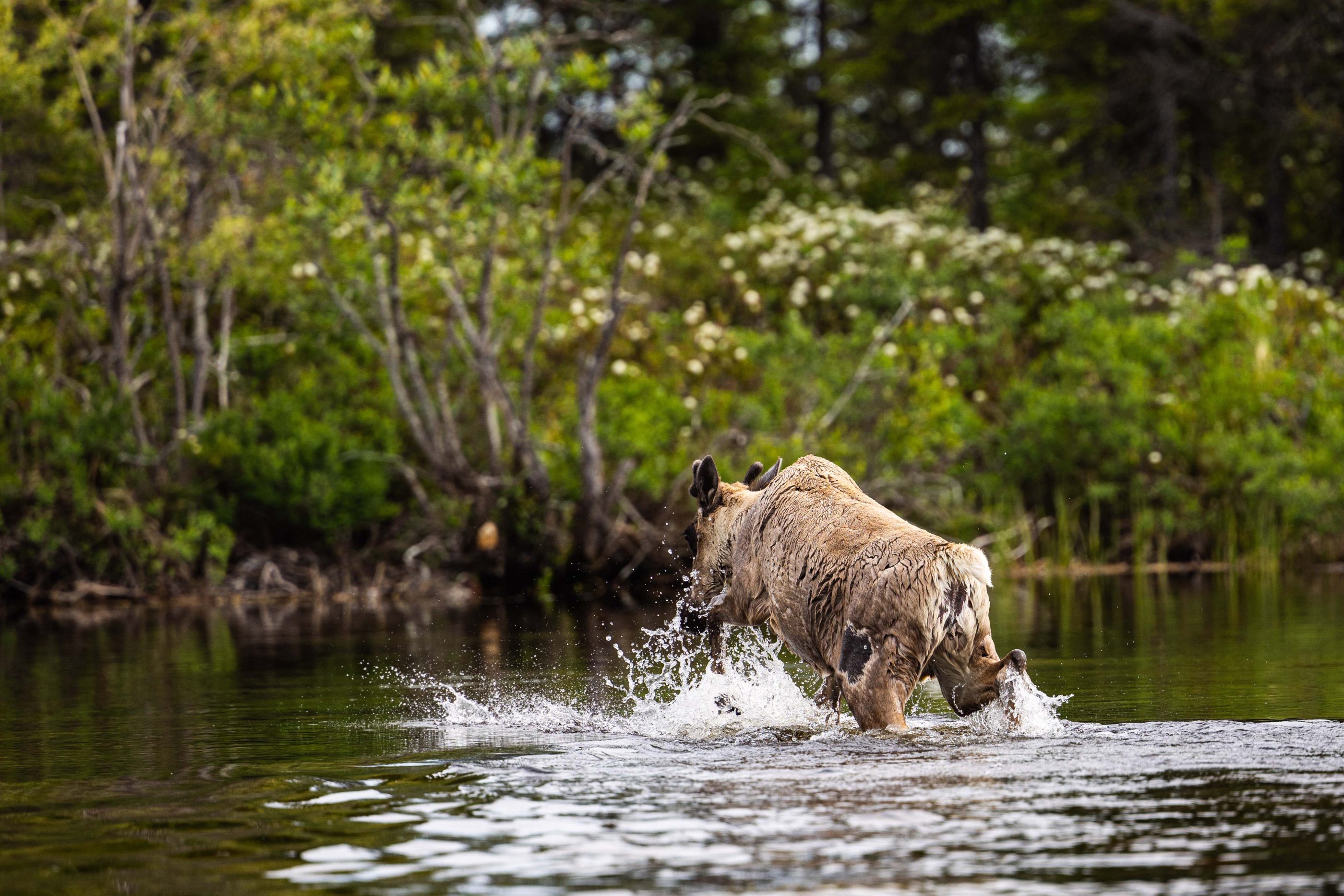According to recent information, the Leaf River herd population estimate shows a decline of 11 per cent since last year, dropping from an estimated 175 000 to 155 000 caribou.
The results revealed a lower survival rate among male caribou. The female survival rate and recruitment of calves is considered moderate, adding to the shift from stable to a declining trend of the herd. Furthermore, the low average winter mass of female caribou calves (43 kg, compared to a healthy average above 50 kg) suggests inadequate habitat quality, high energy costs from migration, and increased vulnerability to infections and extreme weather despite population declines.






